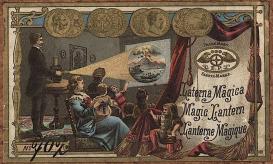Science and the Senses is a study of scientific practices in relation to sensory practices, lying at the intersection of modern South Asian history, history of science, and transcultural studies. It examines the senses as knowledge processes in the sciences, particularly within the framework of empires and their colonialist projects. Focusing on colonial South Asia, this study establishes sensory experience as a legitimate object of historical inquiry and illustrates how scientific knowledge is acquired, represented, and constructed through the senses. The research uses specific case studies to make a series of broader points about the cultural and political entanglements of the senses as well as their presence in multiple areas of everyday life. By closely examining actual sensory practices in the sciences and situating them in a global context of interconnections and exchanges, the project offers a new approach to the understanding of past human relationships with the senses.
At its core, the project questions the privileging of sight for circulating and producing scientific knowledge over the other senses. It will demonstrate that a multi-sensory archive is a critical resource in the sciences that deserves the same level of scholarly attention that has been lavished on the visual archive. In the process, the study will highlight the unique value of multisensory experience as a distinctive means to investigate the production of scientific knowledge.
The proposed project is organized around two interwoven case studies that bring to the fore changes and continuities of a range of sensory practices in colonial India. In each case, the relation between the senses and science take on different configurations and reveal important features on how new actors came to be involved in the production of scientific knowledge. I situate the two specific case studies alongside the rise of Indian nationalism and anti-colonialism to chart the ways in which an anti-colonial resistance movement created sensory environments in response to technological, cultural and political changes.

